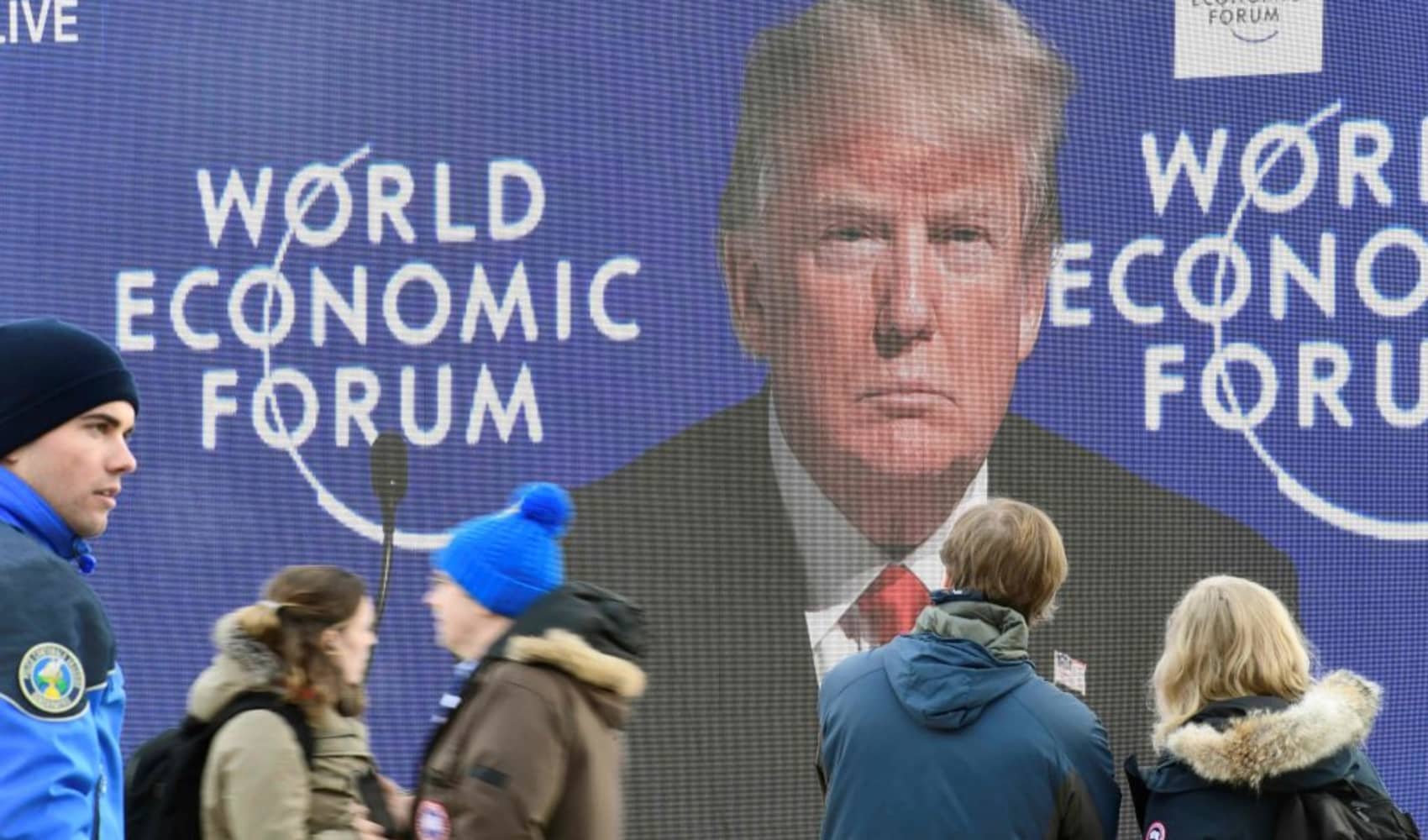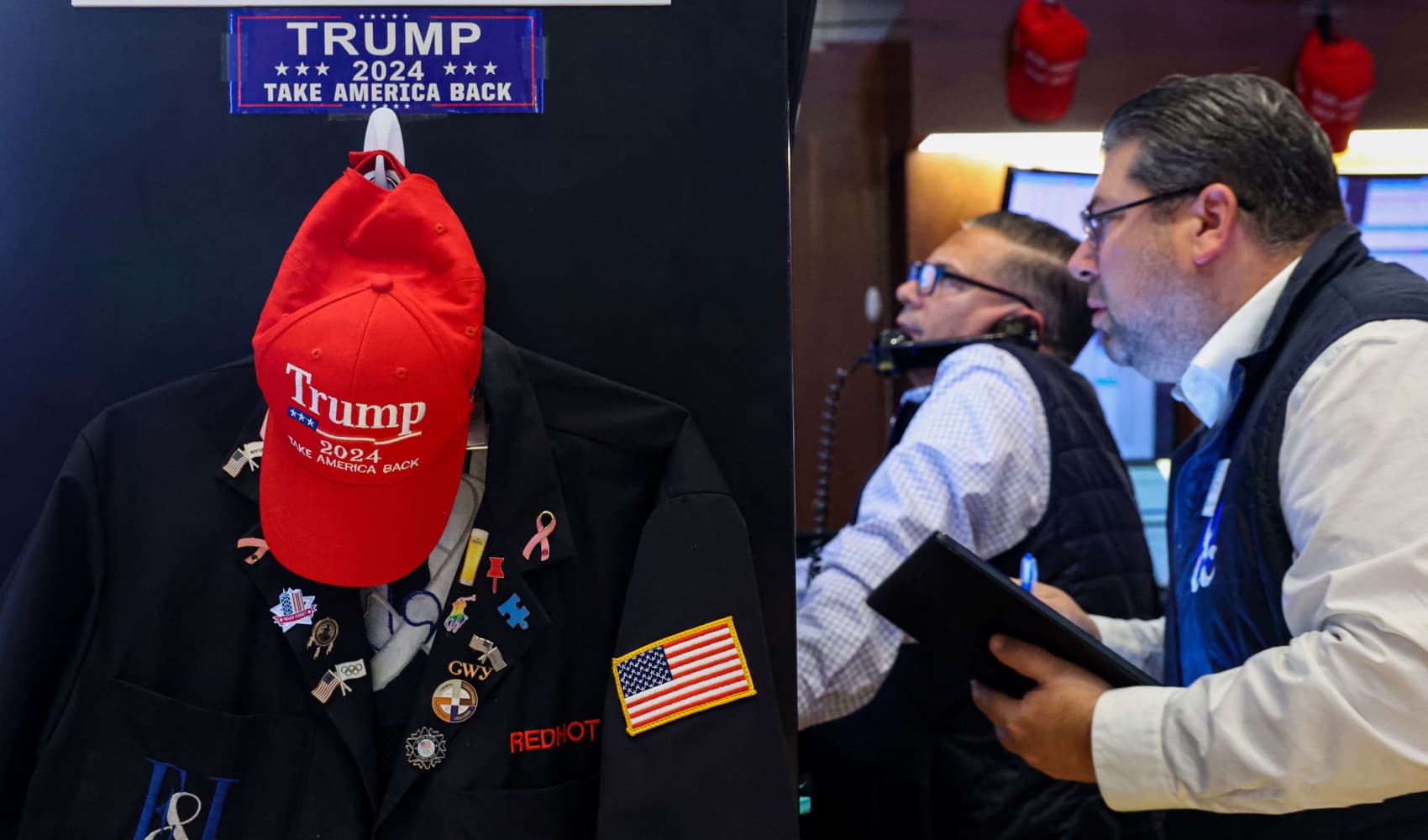
In this photo illustration, a visual representation of the digital Cryptocurrency, Bitcoin is on display in Paris, France, on March 5, 2024.
- The population of crypto millionaires in the world soared 95% over the past year, as bitcoin ETFs and other crypto assets climbed, according to a new report.
- There are now 172,300 individuals worldwide holding over $1 million in crypto assets, according to a report from New World Wealth and Henley & Partners. The number of pure bitcoin millionaires more than doubled, to 85,400.
- The surge reflects the rapid growth of bitcoin ETFs, awhich now have over $50 billion in assets since their launch in January.
The population of crypto millionaires in the world soared 95% over the past year, as bitcoin ETFs and other crypto assets climbed, according to a new report.
There are now 172,300 individuals worldwide holding over $1 million in crypto assets, up from 88,200 last year, according to a report from New World Wealth and Henley & Partners. The number of pure bitcoin millionaires more than doubled, to 85,400.
The ranks of the crypto rich have grown all the way up the wealth ladder. There are now 325 crypto centi-millionaires (those with $100 million or more in crypto holdings), and 28 crypto billionaires, according to the report.
Get top local stories in Philly delivered to you every morning. Sign up for NBC Philadelphia's News Headlines newsletter.
The surge reflects the rapid growth of bitcoin ETFs, which now have over $50 billion in assets since their launch in January and have touched off a wave of institutional participation.
The price of bitcoin has jumped 45% this year to about 64,000. As other coins have increased in value, the market cap of crypto assets has increased to $2.3 trillion, according to Henley, up from $1.2 trillion last summer.
Money Report
Of the six new crypto billionaires created over the past year, five can attribute their newfound wealth to bitcoin, "underscoring its dominant position when it comes to attracting long-term investors who buy large holdings," according to Andrew Amoils, head of research for New World Wealth.
According to Forbes, the richest crypto billionaire (for the third year in a row) is Changpeng Zhao, the founder and former CEO of crypto exchange Binance, who's worth an estimated $33 billion. Zhao pled guilty to U.S. money laundering charges in November and agreed to pay a $50 million fine. His wealth has soared by more than $10.5 billion over the past year.

Ranking second is Brian Armstrong, the co-founder of Coinbase, worth an estimated $11 billion, according to Forbes. He's followed by Giancarlo Devasini, the chief financial officer of Tether; and Michael Saylor, the cofounder of MicroStrategy, according to the list.
Granted, many crypto assets are still below their 2021 highs, and bitcoin's recent rise essentially marks a three-year round-trip to those levels. Crypto assets reached a market cap of $3 trillion in November of 2021.
Yet the growing acceptance of crypto assets among big asset managers like BlackRock and Fidelity, with help from Morgan Stanley's salesforce of 15,000 brokers, could fuel further wealth creation among large crypto holders.
Crypto will not only create more millionaires and billionaires, but it will also change where the rich live and work. According to Henley, many of the newly crypto rich are looking to move to tax-friendly and crypto-friendly jurisdictions.
"We've seen a significant uptick in crypto-wealthy clients seeking alternative residence and citizenship options," said Dominic Volek, head of private clients at Henley & Partners.
To better advise the new crypto nomads, Henley created a "Crypto Adoption Index," ranking countries according to their tax and regulatory approach to crypto. Singapore ranks first on the index, due to its "supportive banking system, significant investment, comprehensive regulations such as the Payment Services Act, regulatory sandboxes, and alignment with global standards," according to Henley.
Hong Kong ranked second, followed by the United Arab Emirates and the United States. In the U.S., according to the report, 15% of the population owns cryptocurrencies: "This is supported by strong infrastructure, with a high density of crypto ATMs, crypto-friendly banks, and an increasing number of businesses accepting cryptocurrency," the report said.
Correction: This story has been updated to correct a headline that misstated the number of crypto millionaires created by the bitcoin rally.






